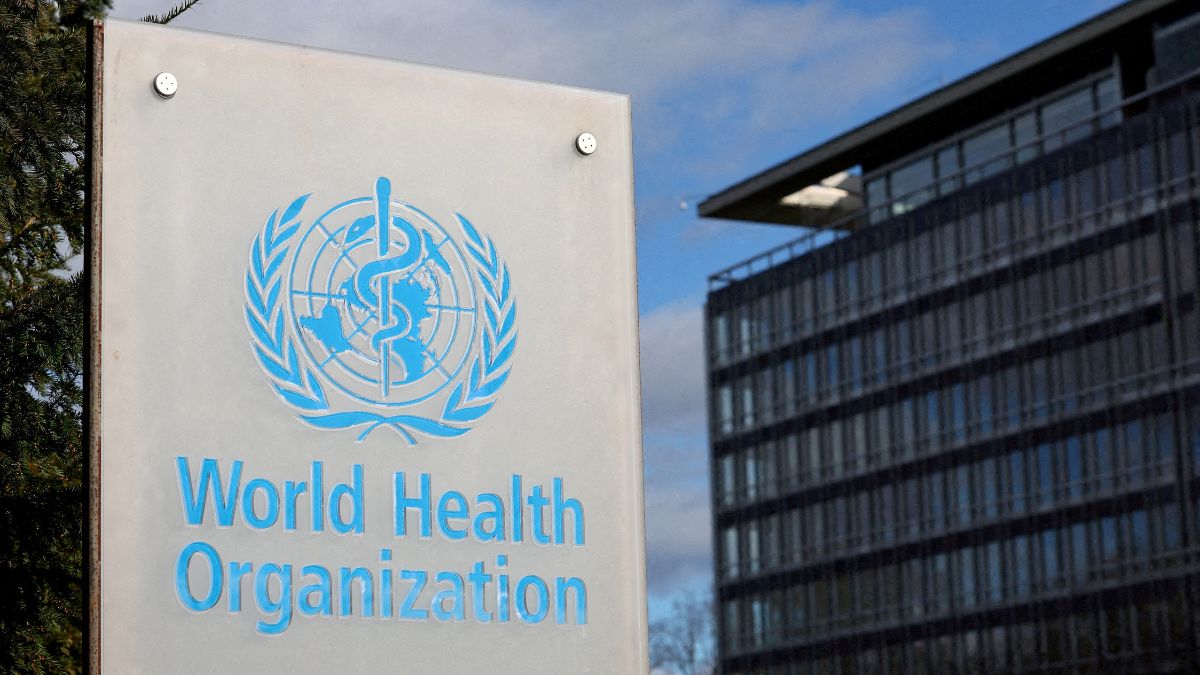Happy World Health Day!
On April 7, 1948, the World Health Organization (Who), a specialised agency of the United Nations, was officially founded to promote international cooperation in improving public health. This date is now observed as World Health Day.
If you are a history geek who loves to learn about important events from the past, Firstpost Explainers’ ongoing series, **History Today** is your one-stop destination to explore key events.
Also, on this day in 1994, violence escalated into what would become the deadliest genocide since World War II - the mass killing of an estimated 500,000 to one million innocent Tutsis and moderate Hutus in Rwanda.
Let’s take a look at these events in detail:
The birth of Who
The World Health Organization was ‘born’ on this day in 1948 after discussions about creating a global health body took place during the 1945 United Nations Conference in San Francisco.
Each year, the agency celebrates its founding on April 7 as World Health Day.
During the 1945 UN Conference, representatives from Brazil and China proposed the formation of an international health organisation and called for a conference to draft its constitution.
The resulting constitution was adopted on July 22, 1946, and signed by representatives from 51 UN member states and 10 other nations.
According to its preamble and Article 69, Who was to function as a specialised agency of the UN. However, under Article 80, it would only come into effect once 26 member states had ratified it. It finally happened on April 7, 1948, when the 26th signatory ratified the agreement.
The first Health Assembly took place in Geneva on June 24, 1948, with delegations from 53 of the 55 member states.
"At the beginning of this Assembly, we took a photo in exactly the same spot that the photo was taken of the first World Health Assembly in 1948. Thank you all for being part of it"-@DrTedros #WHA76 pic.twitter.com/UpoAm7cFyY
— World Health Organization (WHO) (@WHO) May 30, 2023
Impact Shorts
View AllWho plays a role in global health by supporting countries in achieving universal health coverage, improving access to essential medical products, and addressing social, economic, and environmental factors affecting public health.
“Who is the United Nations agency that connects nations, partners and people to promote health, keep the world safe and serve the vulnerable – so everyone, everywhere can attain the highest level of health,” its official website reads.
Rwanda genocide of 1994 begins
On this day in 1994, genocide broke out in Rwanda, an East African nation, a day after the presidents of Rwanda and Burundi were killed when a missile struck their aircraft.
Rwanda’s population is largely composed of two major ethnic groups: the Hutu, who make up more than four-fifths of the population, and the Tutsi, who account for about one-seventh.
In the early 1990s, President Juvenal Habyarimana, a Hutu, began using anti-Tutsi rhetoric to strengthen his hold over the Hutu majority. Several massacres of Tutsis took place from October 1990 onwards.
On April 6, 1994, Habyarimana’s plane was shot down over Kigali, Rwanda’s capital. It remains unclear whether the attack was carried out by the Rwandan Patriotic Front (RPF), a Tutsi-led group based outside Rwanda at the time, or by Hutu extremists seeking to provoke mass killings.
Regardless of the perpetrator, Hutu extremists in the military, led by Colonel Theoneste Bagosora, quickly initiated their plan, killing Tutsis and moderate Hutus within hours of the crash.
The following day, Belgian peacekeepers were murdered, leading to the withdrawal of UN forces from Rwanda. Radio broadcasts encouraged Hutu civilians to kill their Tutsi neighbours, referring to them as “cockroaches” that needed to be wiped out.
The military and police orchestrated the killings, at times using threats to force Hutus to comply.
The RPF rejected the authority of the extremist Hutu interim government, which took power in April and resumed fighting. By April 12, RPF forces had advanced to the outskirts of Kigali.
By early July, they had seized control of most of Rwanda, capturing the capital on July 4. Extremist Hutu leaders, including key figures in the interim government, fled the country.
The genocide lasted around 100 days, during which more than 800,000 civilians, primarily Tutsis, were killed.
This Day, That Year
1920: Indian sitar maestro and composer Ravi Shankar was born.
1953: Sweden’s Dag Hammarskjöld was elected as the secretary-general of the United Nations.
1954: Jackie Chan, the Hong Kong-born actor and director known for his acrobatic stunt work, was born.
2000: Delhi Police charged South African cricket captain Hansie Cronje for fixing matches against India.
2001: Nasa sent the Mars Odyssey spacecraft on its mission, which arrived at Mars in October and sent images and information to scientists on Earth.
2022: The US Senate approved Ketanji Brown Jackson’s appointment to the Supreme Court, making her the first Black woman to serve in the role.


)
)
)
)
)
)
)
)
)



